Biodiversity of Fungi: Their Role in Human Life covers different aspects of fungal diversity, fungal phylogeny, fungi from little-explored and extreme habitals, endophytes in tropical forests, their diversity and ecology, and biodiversity and molecular aspects of halophilic fungi. Exploitation of filamentous fungi for the degradation of organopollutanis by ligninolytic basidiomycetes, etomychorrizal fungi, aquatic fungi and other fungi along with the keratinophilic fungi from birds and degradation of bird feathers by these fungi are also included. The use of filamentous fungi as edible crops, in health care, particularly cancer and immunodeficiency states and the biotechnology of Neosartorya and Phoma also form part of the book. Evolution of fungal diseases of ornamental crops and exploitation of fungi for organic dyes contributes to unusual aspects of fungal metabolism. The chapters also cover the Universally Primed PCR (UP-PCR) and fungal protoplast technology with their possible applications in the development of new anti-fungal targets. Biodiversity of fungi will add substantially to the knowledge of fungal diversity and its applications in specific areas. The book will be useful to students, teachers, research scientists in agriculture and industry, working in the field of mycology.
ABOUT THE AUTHOR M.K. Rai
Dr. M.K. Rai is Professor and Head of the Department of Biotechnology at Amravati University in Maharashtra, India. He has published 150 research papers, more than 100 popular articles and seven books in India and abroad. He is a member of several Scientific Societies and has been a National Scholar for Five years. He has received several prestigious awards, including the father T.A. Mathias award (1989) from the All India Association for Christian Higher Education, and the Medini award (1999) from the Department of Environment and Forest, Government of India. He also received SERC visiting fellowship by Department of Science and Technology (1996), INSA visiting fellowship by Indian National Science Academy (1998) and TWAS-UNESCO Associateship (2002), Italy. He has approximately two decades of teaching and research experience.
ABOUT THE AUTHOR S.K. Deshmukh
Dr. S.K. Deshmukh is Ph.D. from Dr. H.S. Gour University, Sagar, M.P. and is presently Senior Research Scientist at the Nicholas Piramal Research Centre at Goregaon, Mumbai. Dr. Deshmukh is a mycologist by education and training and is in-charge of Microbial Culture Collection and Screening. HE has two decades of experience in Industrial research that includes development and maintenance of the culture collection of Nicholas Piramal India Ltd. And screening applicable to both pharmaceutical and agricultural section. He had been trained in the laboratories of Hoechst Pharmaceutical Ltd. Frankfurt and also at DSM and GBF, Braunsweig, Germany. He has to his credit 37 publications and has written chapters in four books published in India and three others in forthcoming titles. He is a member of several scientific societies and executive member of the Mycological Society of India.


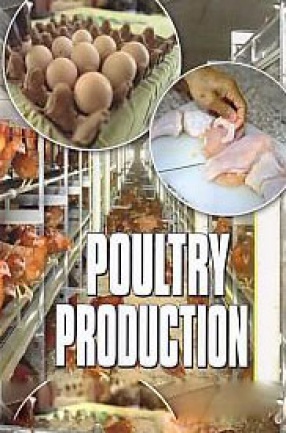
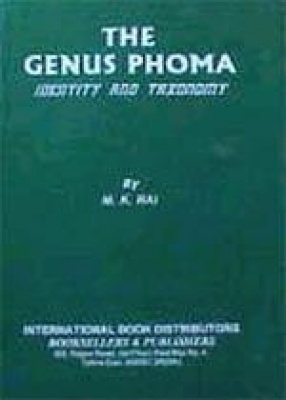

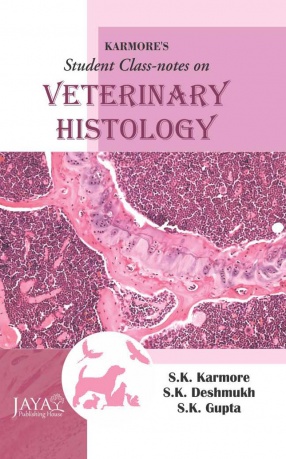
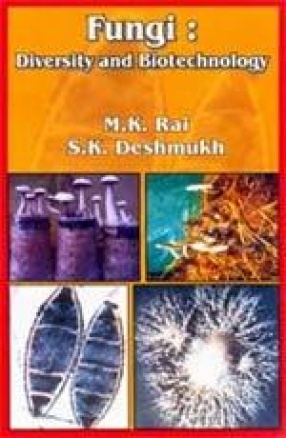
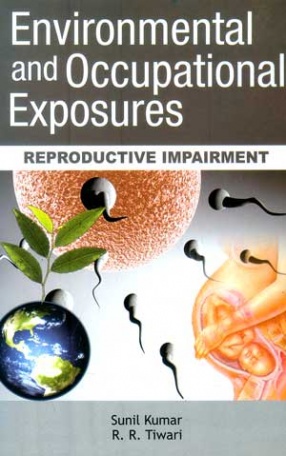
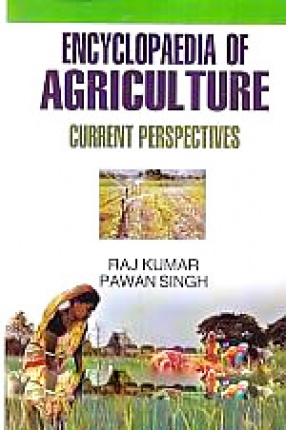
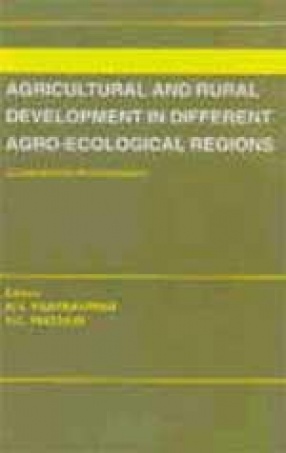
There are no reviews yet.